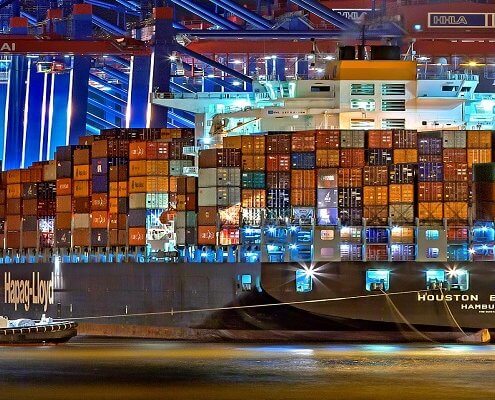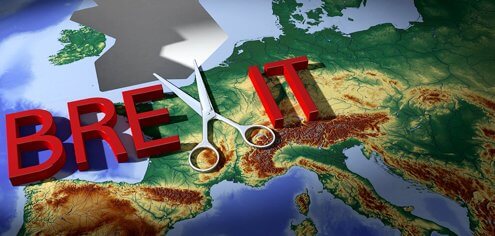
Coronavirus exposes the extent of diversity in South East Europe
The coronavirus pandemic means the whole of South East Europe will experience a deep recession. Difference starting points, constraints and policy choices underline the diversity of the region.

Coronavirus and the Chernobyl disaster: how governance has improved
The difference in response to the coronavirus outbreak and the Chernobyl disaster in 1986 shows how much governance has improved in Croatia

South East Europe’s economies: greater uncertainty in 2020
Another year of growth while debt is rising means the global economy is exposed to increasing risk in 2020. South East Europe is better placed for a downturn than in 2008, but that readiness is not uniformly distributed

Joining the euro: the fear of inflation is overdone
Fear of inflation when joining the euro is an everpresent, yet overdone sentiment. Many other factors are in play in determining inflation outcomes but the advent of a new currency tends to mask them.

Regional differences to become evident as uncertainty in the global economy rises
How will the growing uncertainty surrounding global economic prospects impact on South East Europe? IMELUM's current Macroeconomic Quarterly provides an in depth look at the risks and opportunities facing the region.

Croatia: Long term factors come into play as GDP growth accelerates
Participation in the EU's single market is driving the integration of local companies into European and global supply chains, gradually increasing absorption of EU is supporting investment, while the reduction in the country's risk profile has seen a return to investment grade status, thus lowering funding costs for the economy. These are all structural, as opposed to cyclical, reasons for optimism Croatia's growth potential.

The many ways Brexit will impact South East Europe and beyond
As the Brexit endgame fast approaches, the value of safety in numbers should become evident over time, especially for smaller EU member states.

Croatia and Slovenia: Two natural allies
As neighbouring countries with shared histories, Croatia and Slovenia have much in common. Accession to the EU has deepened these links, which Brexit is likely to strengthen.

How prepared is South East Europe for the next downturn?
The financial crisis of 2008/09 left a large scar on the region. With global economic conditions worsening, how prepared is South East Europe for the next downturn?

Playground logic necessary for successful entry into eurozone
When the big boys fight, smaller boys usually stay away. Strategic goals should not cloud policymakers' judgement on adopting the euro.
